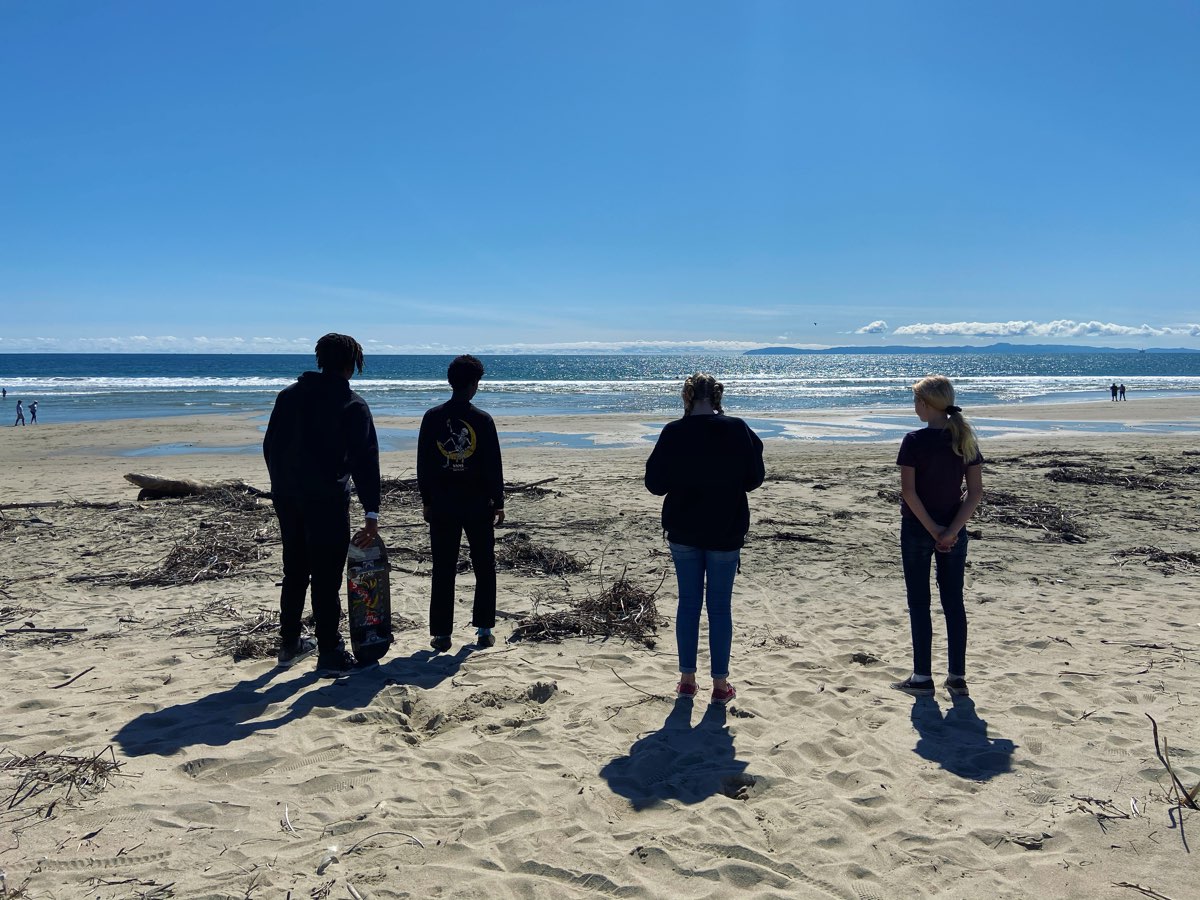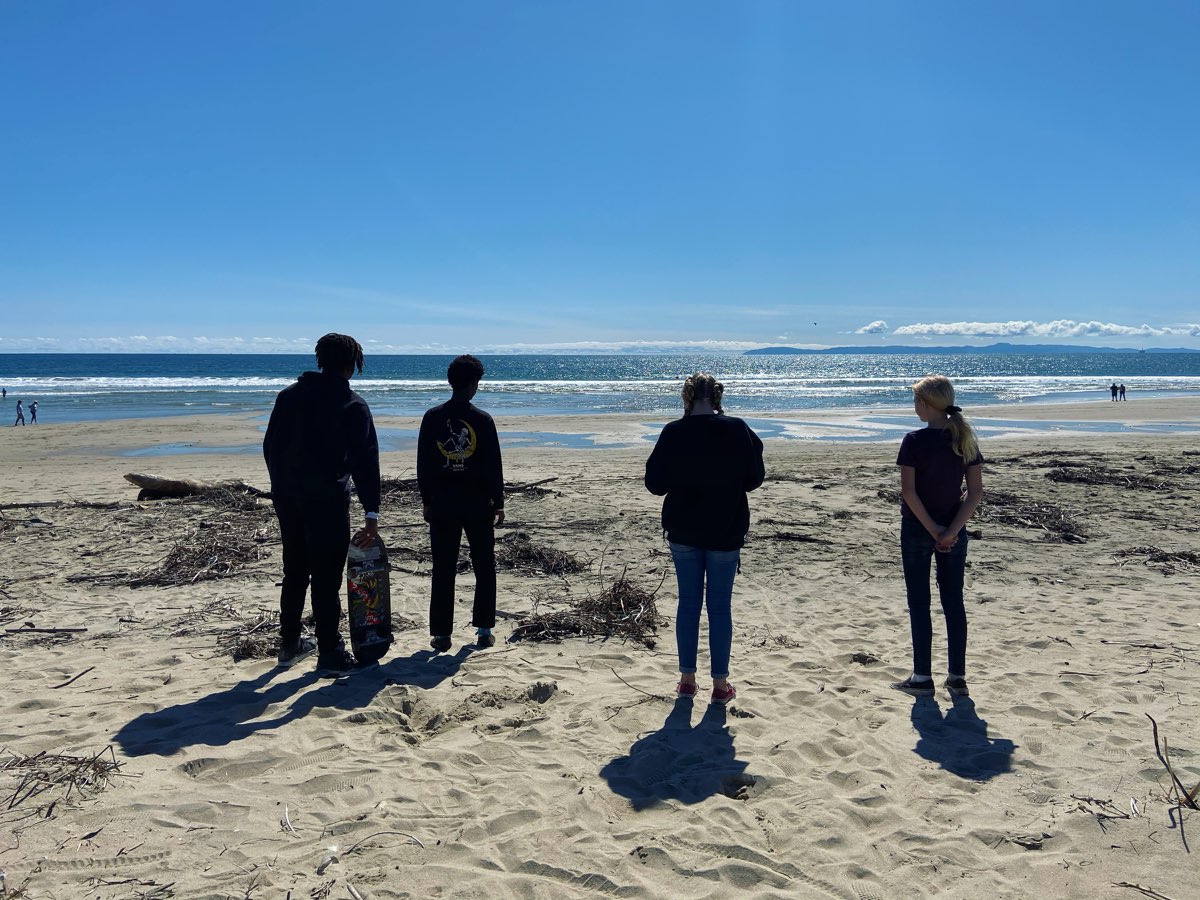We are grateful to California mom Kristen Howerton of Rage Against the Mini Van for partnering with us to share her family’s story about why they vaccinate and the importance of vaccines especially amid COVID-19. View Kristen’s full blog post here.
Last month, I agreed to partner with IVaccinate.org. to talk about why I choose to vaccinate my children. Little did I know that just a few weeks later, our world would be living under a declared pandemic, with millions of people at risk as we await a vaccine.
This is not a post about being pro-vaccine, or anti-vaccine. This is a post about recognizing the inherent privilege in getting to choose such a stance.
I think it’s easy for those of us who live in the US to lose sight of the very serious risk that diseases like polio and the measles pose for kids living in vulnerable places. The state of panic we are feeling about COVID-19 is entirely new, because most diseases like it have been eradicated in our country by way of vaccines. Few of us have friends or family who have been personally affected by measles or polio. Vaccines in the US can seem like an arcane practice for an intangible danger, and fears about harmful side-effects about vaccines drive some parents to avoid them for their own children. I get that.
Long before I had kids, and before the vaccine debates were even a blip on my radar, I was confronted with the inherent privilege of opting out of vaccines. I was the leader of our church’s global outreach to Africa, which meant that I interviewed and trained groups of teams who would go to Zimbabwe and South Africa to serve with our local partners. A part of preparing our teams was helping to make sure they got all of the travel vaccinations necessary for the area we would be visiting.
One year, a member of a team traveling to Zimbabwe through a curve-ball my way when she announced that she wouldn’t be getting vaccinated because she “doesn’t believe in vaccines.” She had never been vaccinated as a child and felt strongly that she wanted to avoid putting vaccines in her body. This became an issue for me as a leader. While I wanted to respect her decision, I also felt that our church could not be responsible for her becoming “patient zero” for an outbreak of measles or yellow fever in the US. Her refusal to be vaccinated made her a liability for other American kids who are not vaccinated if she traveled to areas where these illnesses are a real threat. Ultimately, we felt that she was putting others at risk by refusing to be vaccinated while traveling to risky areas. We told her the vaccines were required, and she chose not to go.
For me, this illustrated where the debate against vaccinating breaks down. The reason we get to “not believe in vaccines” today is because we have eradicated many of these crippling and life-threatening diseases in our country. Here’s the kicker: WE HAVE VACCINES TO THANK FOR THAT. And if we stop vaccinating, these diseases can and will come back. What an incredible privilege to raise our children in a time and place when these numbers are a shocking, far-off statistic rather than the norm. But to assume that this comfort from threat of disease we live in here is a comfort afforded to all human beings is myopic at best, and selfish and uncaring at worst. It reminds me of Marie Antoinette, when asked what the peasant should eat, saying “Let them eat cake.”
I understand the concerns about vaccines. I had them as well, so I did my research and talked to my healthcare providers to guide my decisions for my children. I feel good about those choices. But I also feel good about the fact that, when I took my kids out of the country, I made sure they were vaccinated against any potential health threats . . . not just for themselves, but for the children they might come in contact with. I feel good about the fact that when they were old enough to go to school, they were fully vaccinated so that they were a part of the “herd immunity” that protects children with compromised immune systems who cannot get vaccinated themselves. I feel like I made good decisions for my own kids, but also decisions that were good for the world at large. I want my kids to be global citizens, and a part of that means vaccinating them so that they aren’t putting other kids at risk. Because polio isn’t some made-up boogeyman. And no child should have to live with a preventable disease. Or die from one.

I’m also hopeful that a vaccine will be what ends the fear that we are living under as COVID-19 spreads. And when that vaccine is ready for the public, you can bet that my kids and I will be in line to get one.

